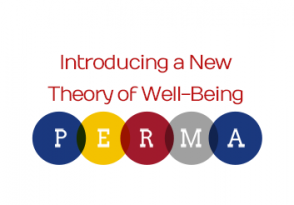Citation: Dodds, P.S., Clark, E.M., Desu, S., Frank, M.R., Reagan, A.J., Williams, J.R. . . Danforth, C.M. (2015). Human language reveals a universal positivity bias. Proceedings of the National Academy of Sciences, 112(8), 2389-2394. doi/10.1073/pnas.1411678112
Data-driven analysis of billions of words confirms a universal bias in favor of happy words.
Big Data methods applied to sources as varied as Korean Twitter feeds and Russian literature suggest that positive social interaction is built into human language. This so-called “Pollyanna Hypothesis," first proposed by University of Illinois psychologists in 1969, asserts that there is a universal human tendency to use positive words more frequently and diversely than negative words when communicating.
The new study examined individual words from 10 diverse languages and 24 source types including books, news media, social media, websites, music lyrics, and television and movie subtitles. Tweets alone accounted for roughly 100 billion words. Researchers pinpointed about 10,000 frequently used words in English, Spanish, French, German, Brazilian Portuguese, Korean, Chinese (simplified), Russian, Indonesian and Arabic. The team then paid native speakers to rate words by assigning them a smiling or frowning face; in all, some 500 million human scores were obtained.
These findings will help us to develop potent language-based tools to measure emotion, the research team said.


